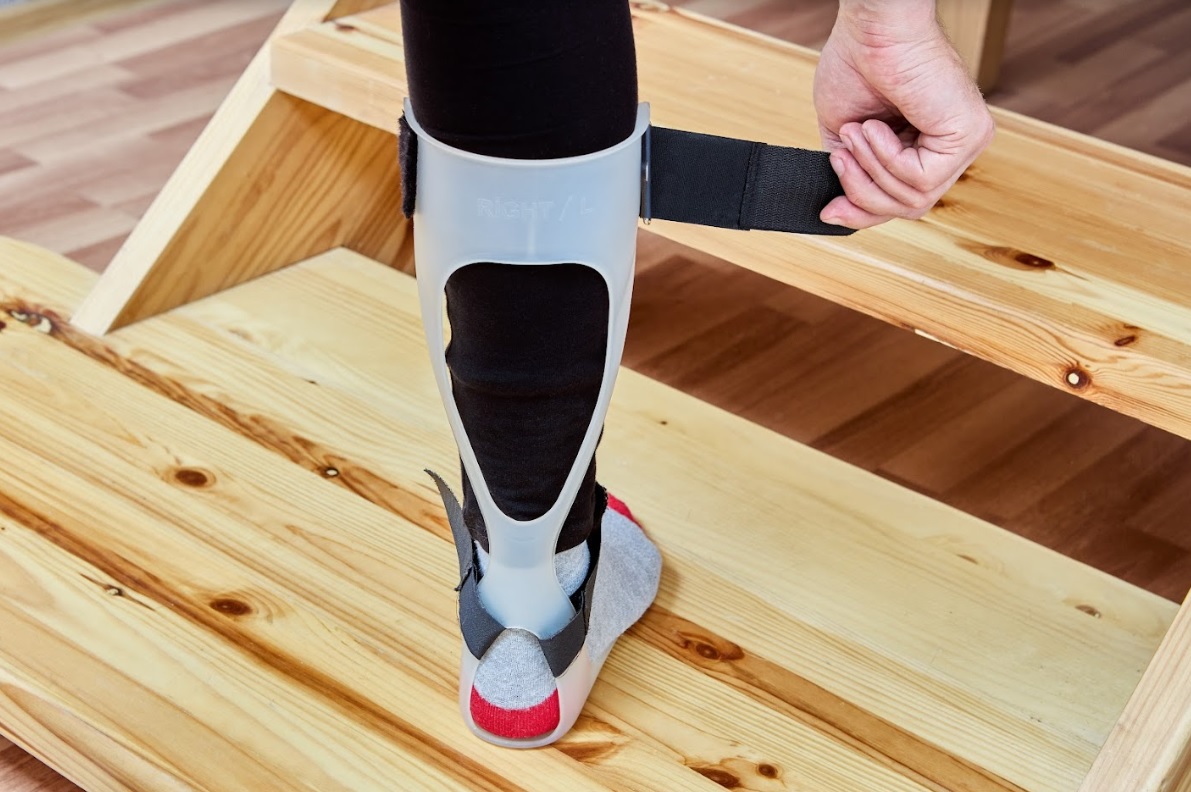Knee pain can be a persistent and frustrating issue that can greatly impact your daily life. Whether you’re an athlete, an active individual, or simply someone who enjoys staying mobile, finding effective strategies to keep knee pain at bay is essential. In this comprehensive guide, we’ll explore various techniques and lifestyle adjustments that can help you maintain healthy knees and minimize discomfort.
1. Maintain a Healthy Weight
One of the most crucial factors in preventing knee pain is maintaining a healthy weight. Excess weight places added stress on your knee joints, increasing the risk of inflammation and pain. By adopting a balanced diet and incorporating regular exercise into your routine, you can not only shed those extra pounds but also strengthen the muscles around your knees, providing them with better support.
2. Embrace Low-Impact Exercise
Engaging in regular exercise is essential for overall health, but opting for low-impact activities can be particularly beneficial for your knees. Activities such as swimming, cycling, and brisk walking offer cardiovascular benefits without subjecting your knees to excessive strain. These exercises promote joint mobility and help reduce the risk of knee pain.
3. Strengthen Your Quadriceps and Hamstrings
Building strength in the muscles around your knees is a key strategy for preventing knee pain. The quadriceps and hamstrings play a significant role in stabilizing the knee joint. Incorporating exercises like leg extensions, squats, and lunges into your fitness routine can help improve the overall stability of your knees, reducing the likelihood of pain and injury.
4. Practice Proper Technique
Whether you’re a seasoned athlete or a casual exerciser, using proper technique during physical activities is crucial for preventing knee pain. Incorrect form can place undue stress on your knees, leading to discomfort and potential injury. If you’re unsure about the proper technique for a particular exercise, consider working with a certified personal trainer to ensure you’re performing movements correctly and safely.
5. Wear Supportive Footwear
Believe it or not, the type of footwear you choose can significantly impact your knee health. Wearing supportive shoes that provide proper cushioning and stability can help reduce the strain on your knees. Avoid high heels and shoes with inadequate arch support, as they can disrupt your natural alignment and contribute to knee pain.

6. Stay Hydrated
Maintaining proper hydration is often overlooked but is crucial for joint health, including your knees. Hydration helps keep your cartilage lubricated, allowing your knee joints to move smoothly. Aim to drink an adequate amount of water throughout the day to support optimal joint function.
7. Incorporate Flexibility and Stretching
Flexibility and stretching exercises are invaluable tools for maintaining knee health. Regular stretching can improve your joint’s range of motion and alleviate stiffness. Consider incorporating yoga or Pilates into your routine, as these practices emphasize flexibility, balance, and posture—key components of knee pain prevention.
8. Listen to Your Body
Paying attention to your body’s signals is essential for preventing knee pain. If you experience discomfort or pain while performing certain activities, it’s important to listen to your body and make necessary adjustments. Pushing through pain can exacerbate the issue and lead to more severe problems down the line.
9. Visit a Knee Pain Specialist Regularly
While adopting healthy lifestyle habits can go a long way in preventing knee pain, it’s also crucial to seek professional guidance. Visiting a knee pain specialist, such as a knee pain specialist in Plano, TX, regularly can provide you with personalized advice and treatment options. These specialists have the expertise to assess your knee health, identify potential issues, and recommend appropriate interventions to keep your knees in optimal condition.
10. Incorporate Anti-Inflammatory Foods
Certain foods possess anti-inflammatory properties that can help reduce knee pain and inflammation. Incorporating foods rich in omega-3 fatty acids, such as salmon, walnuts, and flaxseeds, can help combat inflammation in the body. Additionally, colorful fruits and vegetables like berries, spinach, and sweet potatoes are packed with antioxidants that support joint health.
11. Use Proper Body Mechanics
Practicing proper body mechanics in your daily activities can significantly contribute to knee pain prevention. Whether you’re lifting heavy objects, bending down, or sitting for extended periods, maintaining good posture and using the right body mechanics can alleviate unnecessary stress on your knees.
12. Manage Stress
Believe it or not, stress can impact your physical health, including your knee joints. High-stress levels can lead to muscle tension and tightness, which can indirectly contribute to knee pain. Incorporate stress-relief techniques such as meditation, deep breathing, or engaging in hobbies to promote relaxation and overall well-being.
Taking proactive steps to prevent knee pain is essential for maintaining an active and fulfilling lifestyle. By following these strategies, you can greatly reduce the risk of knee discomfort and ensure the longevity of your joint health. Remember that each individual is unique, so it’s important to tailor these strategies to your specific needs and circumstances. Your knees deserve the best care, so start implementing these practices today to keep knee pain at bay for years to come.
